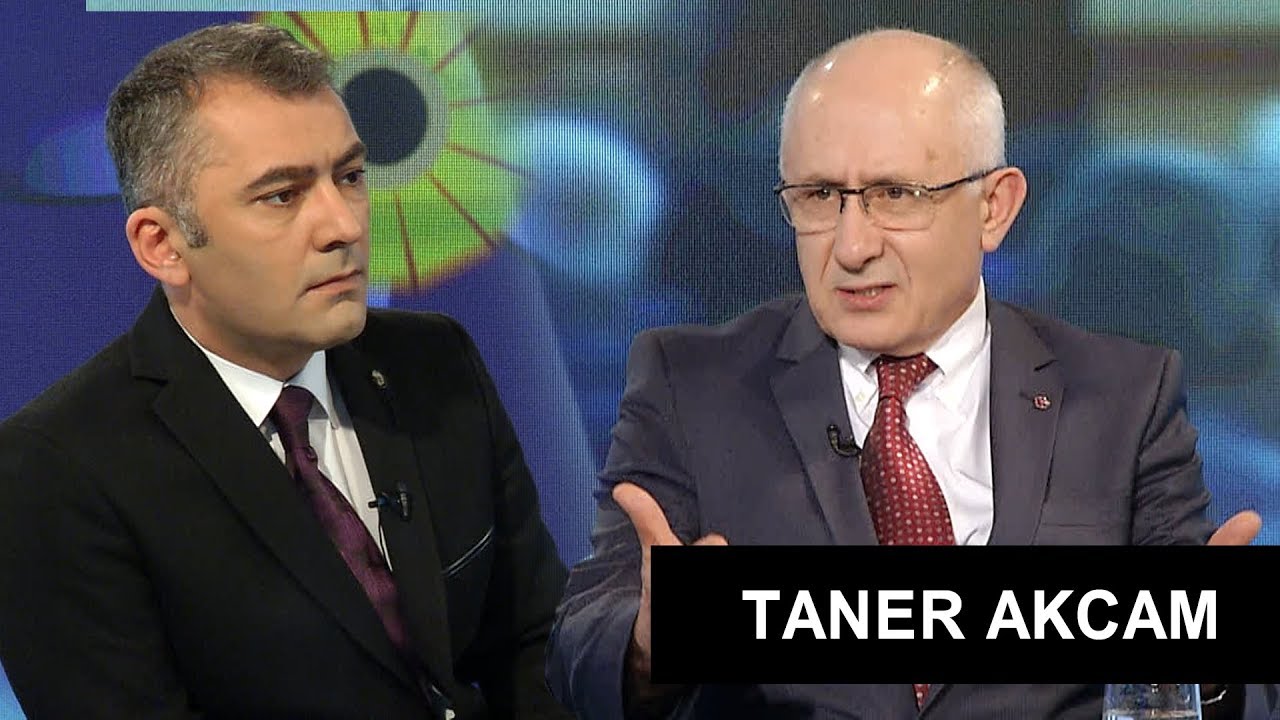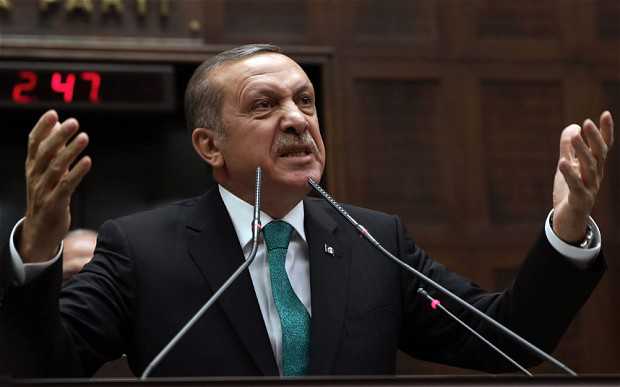Turkish Sergeant Ali Oz, who participated in the massacre of thousands of Alevi Kurds and Armenians in Dersim, Turkey, in 1937-38, wrote a shocking confession about his role in those killings. It is very disturbing to read the gruesome details of the killings.
The source of Oz’s letter is the archive of Hasan Saltık who was the founder of Kalan Music which produced valuable records of Turkish and Armenian music. He passed away two years ago. Saltik had hundreds of Turkish governmental documents and photos which he shared with several researchers. One of them was Nevzat Onaran who wrote extensively about the confiscated Armenian properties. Prof. Taner Akcam gave me a copy of Oz’s letter which he had received from Onaran. Akcam thanked Nilufer, Saltik’s wife, for giving him permission to use the letter.
Sergeant Oz wrote a letter on December 17, 1946 to Minister of Interior Sukru Kaya, thanking him for having helped him get a job at the intercession of powerful General Abdullah Alpdogan, who was the Governor-Commander of the Dersim region, sent by Ataturk to organize the Dersim massacre. Oz was Alpdogan’s bodyguard in Dersim.
Oz told Minister Kaya in his letter that his army colleague, Ethem, who was with him during the Dersim massacre, had recently come to visit him. “He had lost his mind completely. He rose out of bed startled. He went out into the street screaming…. I could barely restrain him. The children they killed constantly troubled him. He couldn’t sleep or anything. With great difficulty I took him to Izmir, brought him to his family and handed him over to them. After I came back, I got the news. He cut his wrists and committed suicide.”
Sergeant Oz described the impact of the crimes he had committed in Dersim. “This incident affected me profoundly. The saddening incidents that I experienced began one by one to return to my mind. The eyes of the children I killed pounded in my head, and I too began to not sleep, to not eat. I rise up shaking, I lose myself. It has become such that I don’t know where I have gone, what I have done.”
Oz wrote that he was referred to a psychiatrist. “The doctor had me write everything that I had experienced and sign it. Now I am taking medicine. They gave me a leave [of absence] for three months. But my Minister, our General said, ‘don’t talk about what happened here [in Dersim] to any civilian, not even to your mother or father. Otherwise, you will all be hanged.’ I wrote those things and signed them. Now I have begun to fear whether something might happen to me. I asked the doctor to give me back what I wrote. It’s impossible, he won’t give it.”
Oz told the Interior Minister exactly what he had written to his psychiatrist: “I participated in the Dersim operation of 1937-38. I was the bodyguard of my General. There was a lot of conflict with the bandits. Those bandits we caught or those who surrendered we killed, whether women or children. We poured petrol on them all and burned them. Sometimes the General said to pour petrol on them alive and burn them. Yelling and screaming they burned and turned to ashes, the smell of flesh burned our whole nasal passage.”
Oz continued his horrible recollections: “News came to the General from Tersemek [Dersim]: ‘Women and children were hidden somewhere steep alongside the river, what shall we do?’ ‘Kill and burn them all,’ said the General. Two hours later the Lieutenant gave directions. But, no one wanted to harm the children. They didn’t listen to the orders. The General was very angry. We set out with a squad of soldiers. Everyone stood at attention. He began to hit the Lieutenant and the soldiers. Cursing, he said: ‘bring them all to where it’s flat.’ The women and children, yelling and screaming, wailing and moaning, begged at the General’s feet. There was nothing proper on them or their feet. He had all their hands and feet bound, their mouths gagged with cloth. ‘Now soldiers, I address you, these Qizilbash [Alevi] offspring are all the bastards of traitors, the bastards of those who killed your friends, and if they grow up they will continue to kill your brothers. They should be exterminated. We eradicated the Armenian offspring. All that’s left are these Kurds and Qizilbash. If you want your children to live happily in this country, you will kill without mercy. The government, our President, gave instructions to raze, burn, demolish. No one will be judged for the things done, I promise you,’ he said.”
The General then ordered: “‘Everyone will take turns to kill one or two people.’ There was silence in the squad. ‘Lieutenant, begin, bring two people,’ he said. They brought two children, and he shot them in the head. They both died. When it came to the third soldier, Salih from Diyarbakir, he went to the children and fell in front of them. ‘My Commander, I can’t do it, I have children too. Children are innocent,’ he said, ‘these poor things.’ The General said, ‘you fucking Kurd, it’s your race, that’s why you take pity, isn’t it?’ He shot the soldier in the forehead. He said, ‘whoever doesn’t carry out the order will end up like him.’ So, everyone started to kill one or two women and children. After each execution, the General himself shot them once or twice in the head to make sure they were dead. Everyone had to do his duty. ‘Come to me Sergeant [Oz], it’s your turn.’ There were three little girls left. ‘You take care of them,’ he said. The children were hunched over on the ground and had soiled themselves. They were crying in their ragged state. I looked into their eyes. I killed the three of them. Their eyes pierced my depths. I can’t forget their eyes. 70 to 80 children and 30 women were executed that day. They were all thrown into the waters of the Murat. The river was soaked with blood. Many soldiers prayed for forgiveness. I killed and burned many people, but I’ve never seen eyes that pierced like those of the children.”
Sergeant Oz concluded his letter with the following agonizing note: “How can I look my children in the face?”






